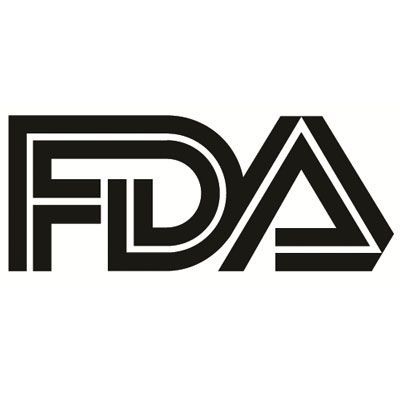Article
FDA Approves Ranibizumab-eqrn as First Interchangeable Biosimilar to Ranibizumab
Author(s):
The biosimilar product was deemed interchangeable with ranibizumab injection across all five retinal indications.
US Food and Drug Administration (FDA)

The US Food and Drug Administration (FDA) has approved ranibizumab-eqrn (CIMERLI™) as the first biosimilar product that is interchangeable with ranibizumab injection (Lucentis®) for all FDA-approved indications.
The anti-VEGF product has met all standards to the reference product, including safety, efficacy, and quality, according to Coherus BioSciences, Inc, who owns the Biologics License Application (BLA).
“CIMERLI™, the only biosimilar product interchangeable with Lucentis® across all five indications, will provide both greater treatment access and choice for patients, payors and providers in the U.S. retinal disease community,” said Paul Reider, Chief Commercial Officer of Coherus BioSciences in an accompanying statement.
The retina indications for which the biosimilar is interchangeable include neovascular age-related macular degeneration (AMD), macular edema following retinal vein occlusion (RVO), diabetic macular edema (DME), diabetic retinopathy (DR), and myopic choroidal neovascularization (mCNV).
The biosimilar agent shares all product attributes with the reference product regarding the same dosage strengths (0.3 mg, 0.5 mg), same formulation and excipients, and the same amino acid sequence.
Its approval and determination of interchangeability with the reference product was based on a comprehensive analytical and clinical program including the COLUMBUS-AMD study to confirm both its safety and efficacy. The study findings report ranibizumab-eqrn met the primary endpoint of change from baseline in best-corrected visual acuity (BCVA) at week 8 in comparison to the reference ranibizumab.
Additionally, the overall safety and immunogenicity profile was considered comparable with ranibizumab. With the totality of evidence, the company noted ranibizumab-eqrn has demonstrated clinical outcomes to be the same for any patient across all indications. The interchangeable biosimilar is not expected to lead to safety risk or reduction in efficacy when substituted for the reference product, they added.
“Retinal disease is a significant public health issue with certain conditions leading to vision loss or impairment,” said Peter K Kaiser, MD, Professor of Ophthalmology, Cole Eye Institute, Cleveland Clinic and advisor to Coherus in a statement. “As a practitioner committed to the safety and well-being of patients, having an approved biosimilar product that is interchangeable with Lucentis—with a similar safety and efficacy profile—is great news for patients.
The biosimilar is contraindicated in patients with ocular or periocular infections or known hypersensitivity to ranibizumab products or any of the excipients in either agent.
"Ocular anti-VEGF agents have enabled many people with retinal disease to retain and even gain vision,” Kaiser added. “I am pleased to have an additional treatment option for my patients."
The commercial availability of ranibizumab-eqrn in both 0.3 mg and 0.5 mg doses is expected in early October 2022.





